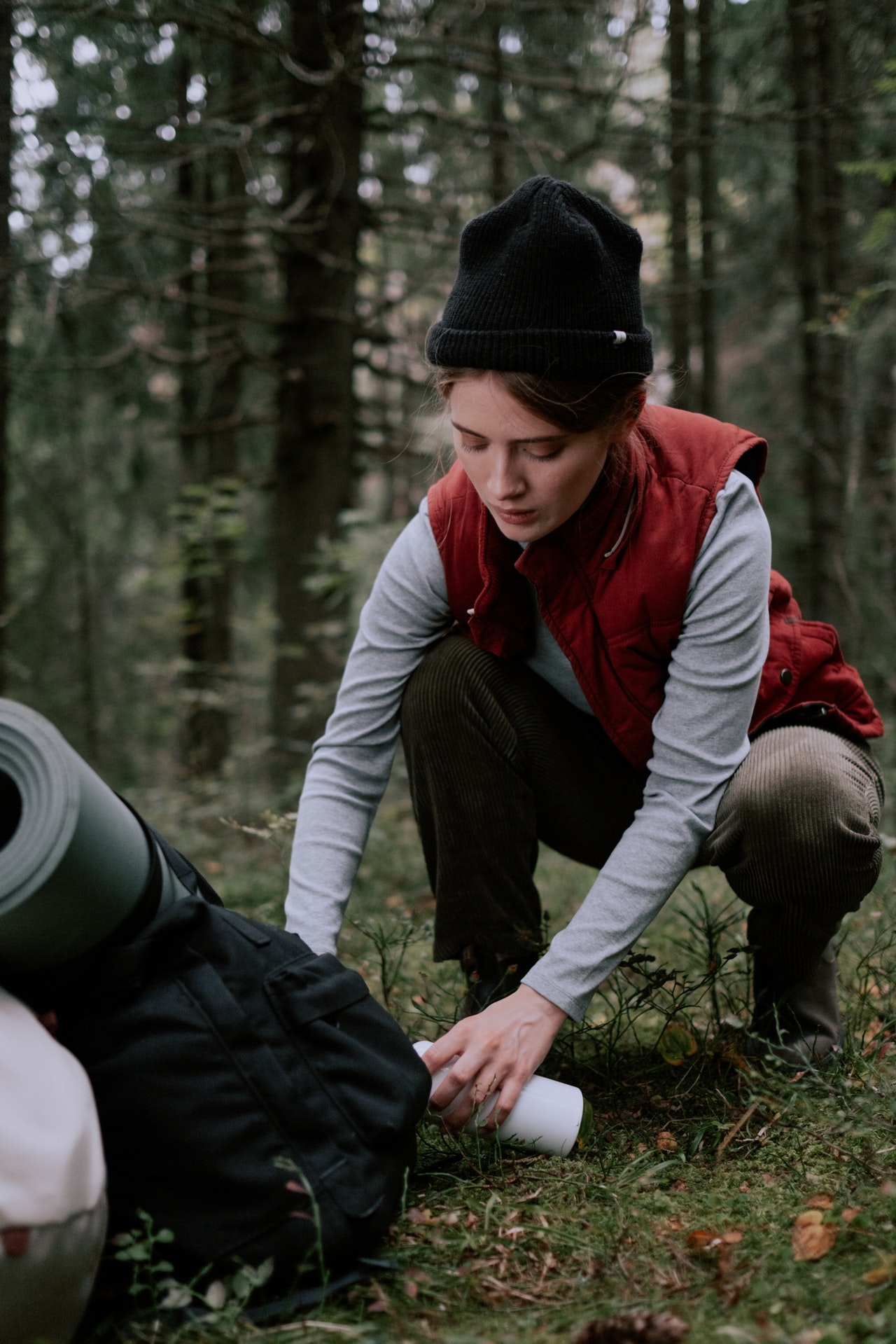There are plenty of tips and tricks for making your camping eco-friendlier. Preparing for a camping trip with the environment in mind is one of the best ways to ensure eco-friendly camping, but it’s not always easy to know what it entails. That’s why this post, complete with information on the best way to pack your camping supplies, how to cook while camping, and what kitchen items you should bring, should be helpful to you.
Before You Go
You can do several things before you drive to the campground that will help lower your impact on the environment. The first step is to choose a campsite that’s near your car. For example, if you are in Louisiana, you might consider Louisiana state park camping. It may have reasonable proximity to car parking and plenty of space.
If you are camping close to where you parked your vehicle, you can carry as little camping supplies as possible. The rest of the supplies can remain in the car and only be accessed when necessary. If this isn’t an option, at least be sure to choose a campsite that’s near a trailhead so that you don’t have to go far while carrying things back and forth.
What to Pack
There are a few ways to pack for your camping trip in a way that will foster environment friendliness. For example, get reusable plates and other utensils instead of paper or plastic. It is always the best way to go, but it would be even better if you used biodegradable plates and cups. At the same time, try not to take too many paper napkins; use the machine-washable towels you use at home instead.
The next thing you should be careful of is what you bring with you in your car. Try to leave as many items in the car as possible, and if you need to get anything extra, be sure that it’s small and light. For example, bring some extra clothes in a small bag instead of a full-size backpack. You’ll probably want to do this anyway because backpacks can take up quite a bit of room in your car.
Also, buy local food and products at the farmer’s market. It will cut down on the amount of disposable packaging you’re bringing to the camping site.
While You’re at the Camp Site
Before you start cooking, consider your pots and pans. Do you need to bring them with you? If not, leave them at home and use some basic cooking pots available at the campsite. It might be a good idea to do this even if you have your gear; it’s always nice to share with others at the campground. An added benefit to this is that if you share cooking pots, more people can cook with their food if there isn’t enough to share.
Cooking
Decide what you’re about to cook once you’ve got the pots and pans out. Cooking with environmentally friendly ingredients is one of the simplest ways to reduce your impact on the environment. Consider some of these options:
Purchase local produce as it does not require any packaging— just a container for carrying it all.
Bring dish soap— it costs much less than most non-biodegradable cleaning products.
When you wash your dishes, use reusable rags and dish towels instead of paper, and bring reusable containers for storing all the food you don’t eat.
When You’re Done
There is no “perfect” way to leave a campsite, but there are some better ways than others. For example, leaving your site in as good a shape as you found it is always a good idea. That’s why one of the best things to remember when camping is to practice the “Leave No Trace Principles”— whether you’re out on a weekend trip or planning to stay longer.
Closing Remarks
As you head out to your destination, remember to look at your campsite’s environment before starting anything. Do the trees have any damage from the current season? Is there any trash around? Is there any firewood that needs to be collected? Gather any debris or trash and properly dispose of it. Doing this and the other tips mentioned in this article will ensure that your camping trip will be eco-friendly.


